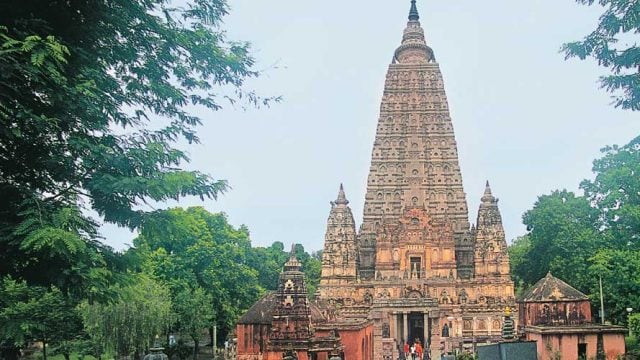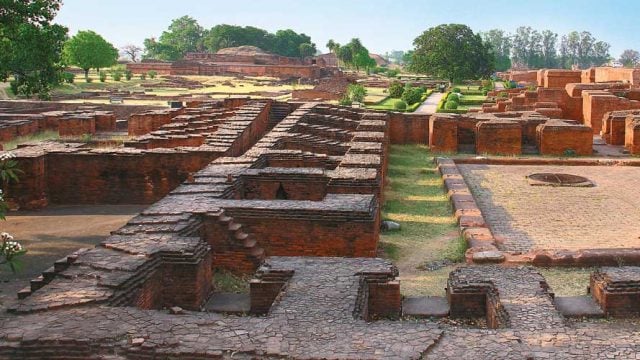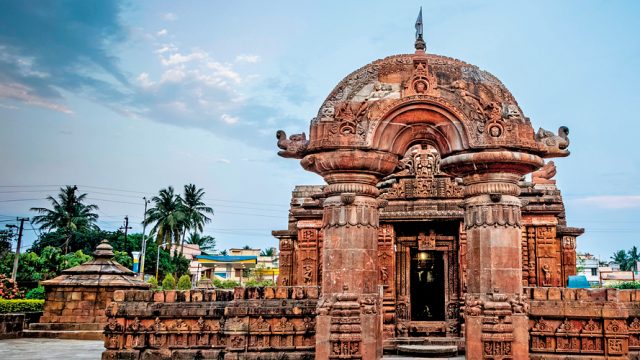It’s a well-known fact that India is culturally and historically diverse, and now, with the selection of
Capitol Complex
Chandigarh
Khangchendzonga National Park

The most important place of Buddhist pilgrimage

Here’s what you need to know about this ancient site of learning

Amazing stories, amazing destinations